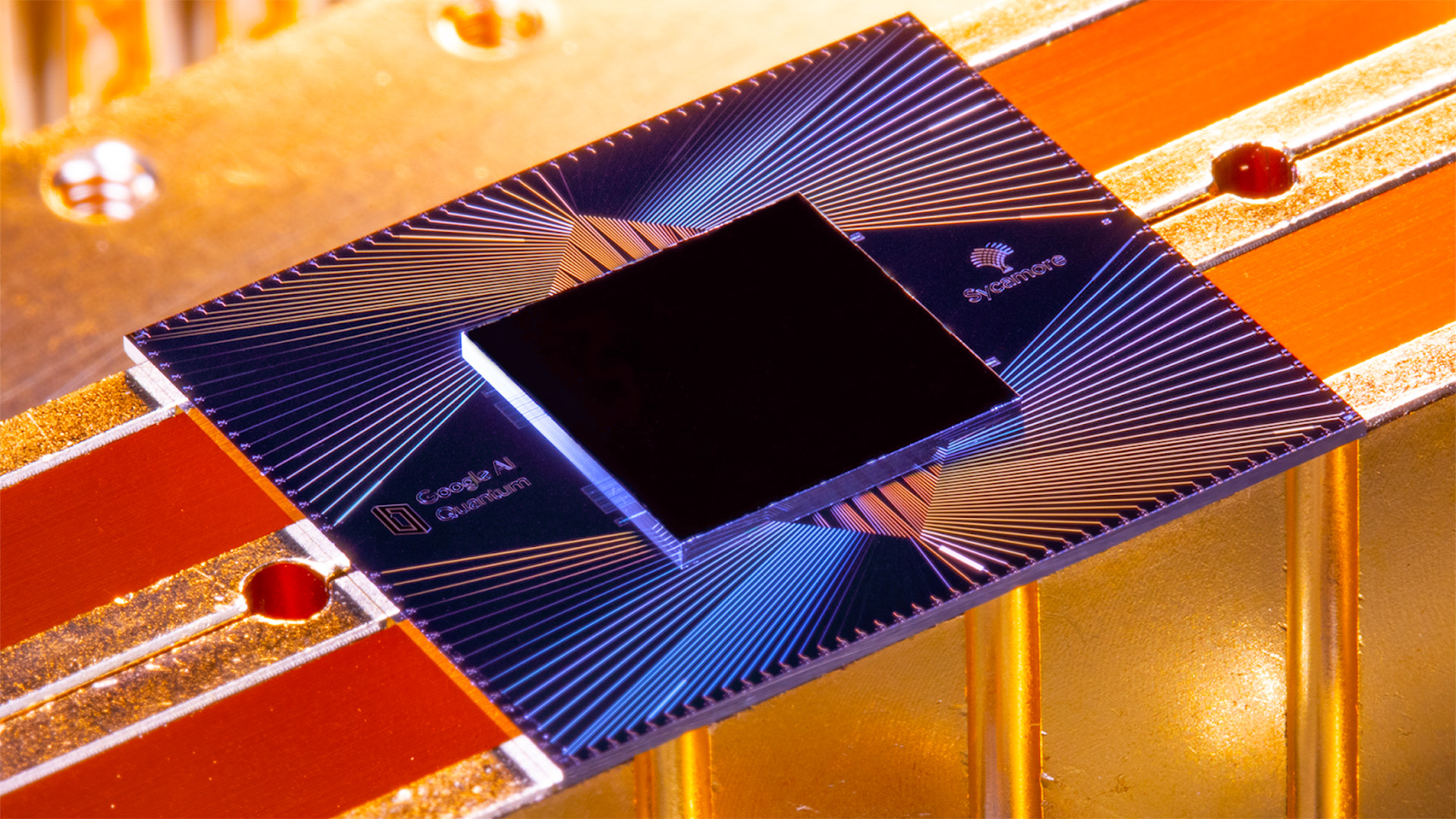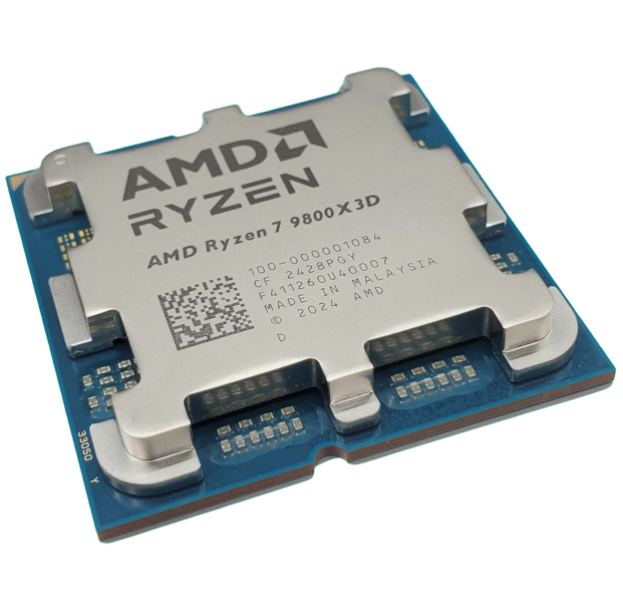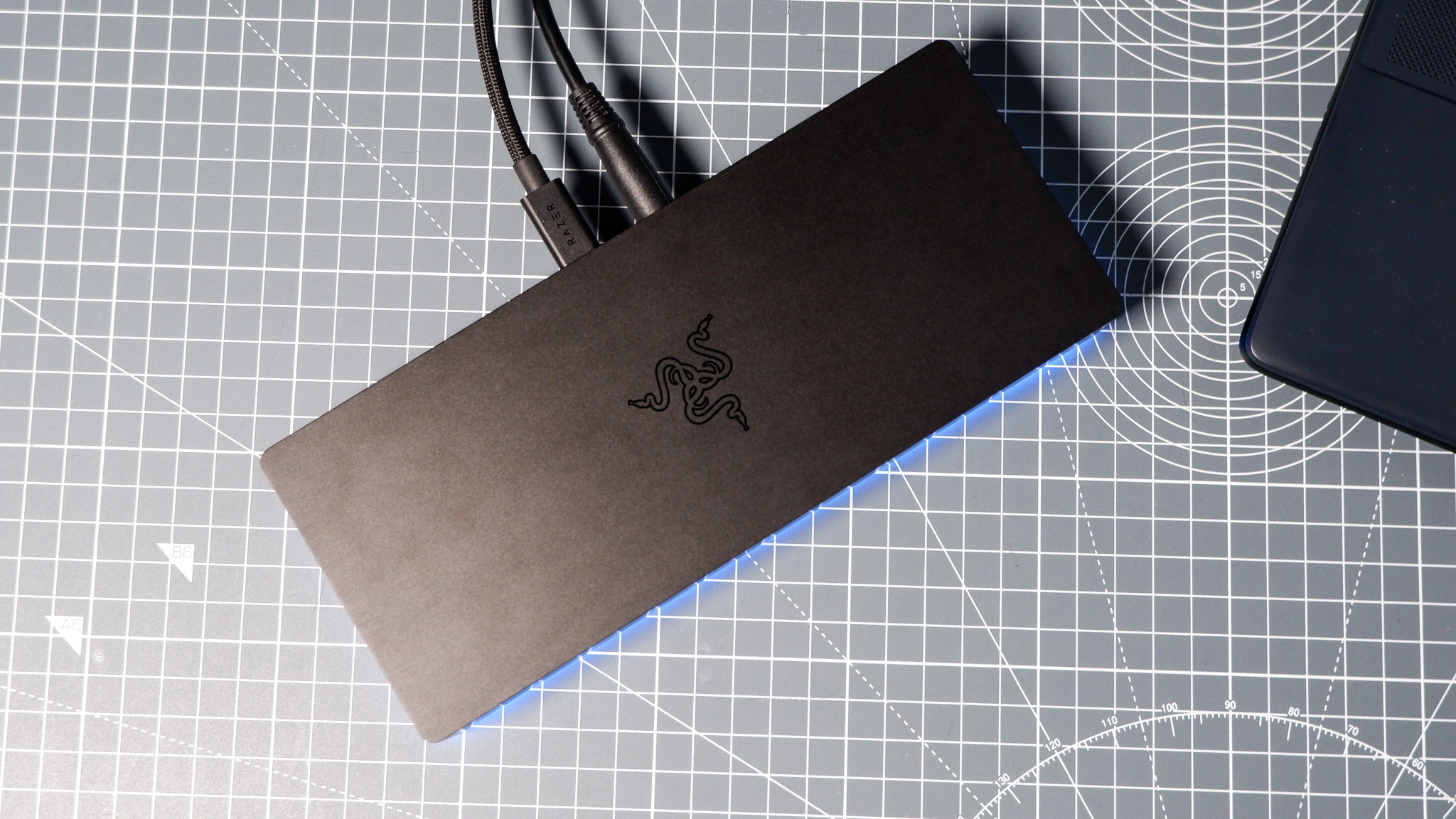Google claims it has made a 'major breakthrough' in quantum computing with an algorithm 13,000X faster than a traditional equivalent, although not everyone is convinced
The algo is called 'Quantum Echoes', which coincidentally is also the name of my synthwave side project.
Quantum computing is one of the most intriguing, and complicated future technologies currently under development. The esoteric tech always seems on the cusp of making a major breakthrough, but like a beach ball in a swimming pool, it consistently remains just out of reach. It'll power the supercomputers of the future, we're consistently told—eventually, once some pesky hurdles have been knocked out of the way.
Well, Google has announced just that—a "major algorithmic breakthrough" that certainly seems like a hurdle tumbling away in the distance, thanks to the also-esoteric Quantum Echoes algorithm. Google claims it has achieved a verifiable quantum advantage by producing a result 13,000 times faster than a traditional supercomputer. Now I'm going to try and explain to you how it works, so strap in, folks. This might take a while, and I haven't even had my second coffee of the day. Bear with me.
One of the major problems with quantum computers is the error rate, thanks to the fact that they use quantum bits, or qubits, as their fundamental unit of information. Unlike a regular bit, which can be a one or a zero, qubits can be one, zero, or a superposition in between.
These qubits are extremely susceptible to even the smallest environmental change, including temperature fluctuations and vibrations, which is why quantum computers look like bizarre copper chandeliers suspended in futuristic, environment-stable clean rooms. In essence, every effort is made to prevent decoherence of said qubits, but nonetheless, errors still occur.
Google claims its Willow quantum chip reduces errors the more qubits it uses, by grouping said qubits together in lattice structures referred to as a surface code, with each surface code representing a single "logical cubit". The bigger the surface code lattice, the more errors can be tolerated, leading to a lower error rate overall and a more reliable result.

Still with me? Good, I'm glad someone is. The Quantum Echoes algorithm, running on the Willow quantum chip, is claimed to be the first verifiable algorithm that surpasses the ability of supercomputers, partially as a result of that work. Google says the algorithm works by sending a signal into its quantum system, deviating one solitary qubit, and then running the same set of operations in reverse, before observing the "echo" and tracing the qubit's interactions within the system.
The method is 'kind of like a butterfly effect, where you poke something in one place and then very far away at a later time, there's a disturbance,' says MIT professor Aram Harrow, speaking to Science News.
Keep up to date with the most important stories and the best deals, as picked by the PC Gamer team.
This echo is amplified by a phenomenon known as constructive interference, where quantum waves add up to become stronger, making it extremely sensitive—and results in a verifiable signal out of an otherwise chaotic system. The algorithm was used in a proof-of-principle experiment to simulate the spins of atomic nuclei in two molecules using this method, and Google claims the end results matched those of a traditional Nuclear Magnetic Resonance (NMR) technique observing the real thing.

However, Google's claims have already stirred up some robust critique, as Google has announced it's achieved quantum supremacy before. Speaking to Nature, Dries Sels, a quantum physicist at New York University, seems sceptical about Google's claims of such a large quantum advantage over traditional machines:
"The burden of proof should be high," says Sels, who also points out that while the paper tests various classical algorithms, more efficient ones may still exist. "Personally, I don't think that's enough to make such a big claim."
Even taking Google's claims at face value, it's also worth noting that this experiment is also operating at a very small scale, amounting to just 15 qubits. Google says it's gradually scaling up towards a full-scale, error-corrected quantum computer, with the next step being a long-lived logical qubit, and all I can say is good luck. Reading the paper alone makes my eyes cross, and I can't help but think I need some error-correction of my own.
What can I say, classical computers are more my speed. Now, if you'll excuse me, I think I need my mid-morning nap, as all of this quantum stuff is downright head-spinning. Can't I write an article about artisanal key caps, or anything else instead?

1. Best CPU: AMD Ryzen 7 9800X3D
2. Best motherboard: MSI MAG X870 Tomahawk WiFi
3. Best RAM: G.Skill Trident Z5 RGB 32 GB DDR5-7200
4. Best SSD: WD_Black SN7100
5. Best graphics card: AMD Radeon RX 9070

Andy built his first gaming PC at the tender age of 12, when IDE cables were a thing and high resolution wasn't—and he hasn't stopped since. Now working as a hardware writer for PC Gamer, Andy spends his time jumping around the world attending product launches and trade shows, all the while reviewing every bit of PC gaming hardware he can get his hands on. You name it, if it's interesting hardware he'll write words about it, with opinions and everything.
You must confirm your public display name before commenting
Please logout and then login again, you will then be prompted to enter your display name.


